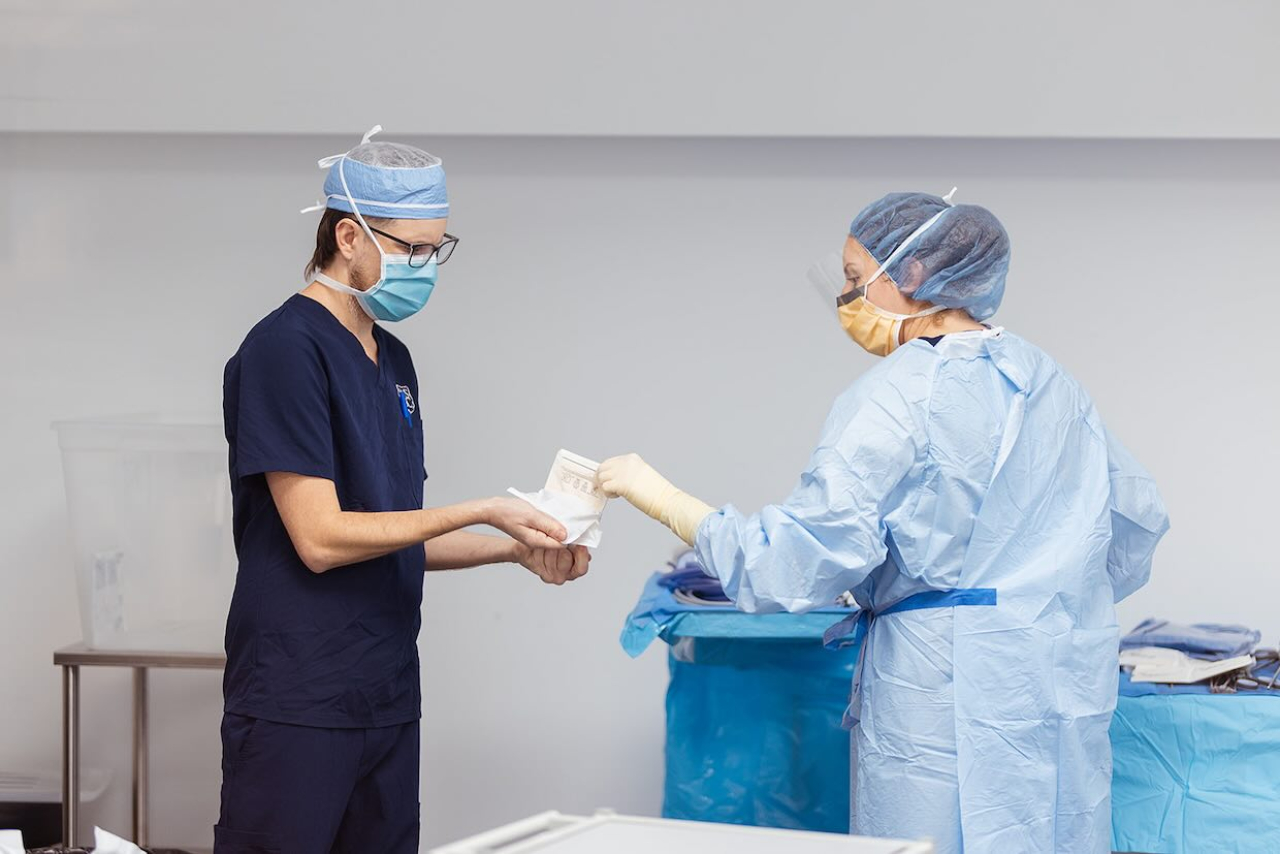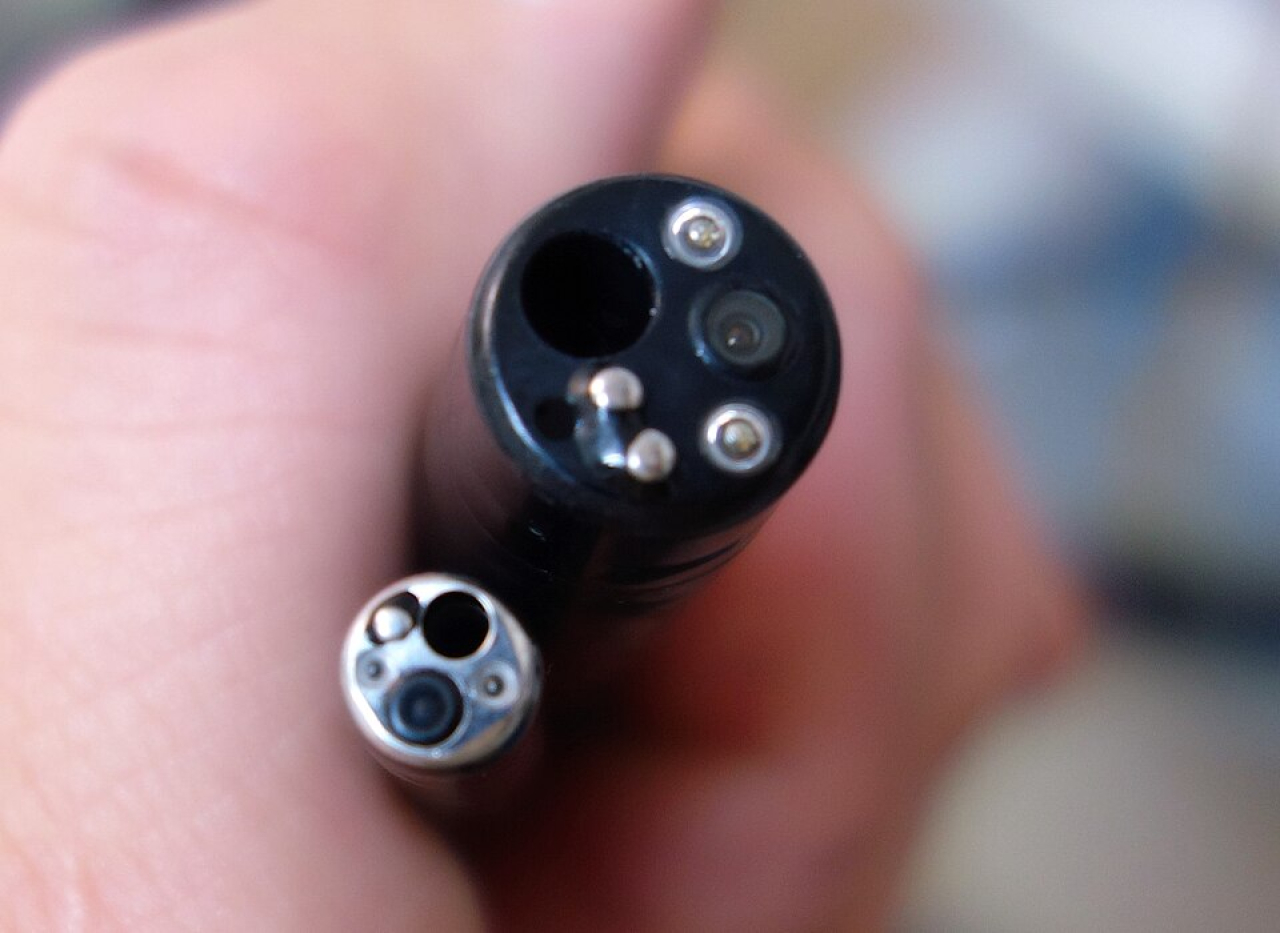Community Involvement
Why a Liquid Diet Before Bariatric Surgery?
Anyone who qualifies for bariatric surgery understands that they have a long weight-loss journey ahead.
A bariatric procedure represents a huge leap forward on this path, however, there are many important guidelines to follow, both before and after your surgery, that are crucial to help you reach your end goal.
Creating new dietary habits is a crucial part of the process, one that will help make sure your surgery goes smoothly and that it has a positive impact on the rest of your life.
Adhering to a liquid diet in the days leading up to your bariatric surgery is important for many reasons- to help you prepare physically and mentally, to reduce the risk of complications and to increase your chances of long-term success.
Initiate Rapid Weight Loss
For a bariatric surgery to be possible, patients must stick to a liquid diet for one to two weeks before the operation. In the lead up to the procedure, a liquid diet will help initiate rapid weight loss. This will help pick up the pace of your weight loss journey and increase the chances of having a successful procedure.
Shrink Your Liver
It has been shown that a low-calorie diet that is high in protein but low in fat and carbs can reduce the size of your liver by 25 percent in just two weeks.
Shrinking the liver might make it possible for you to have a laparoscopy rather than an open surgery, which is less invasive and easier to recover from. Reducing the size of your liver will make complications less likely and make it easier for your surgeon to perform the procedure.
Because the stomach is located under the liver, it is much easier for a surgeon to work around a small liver than an enlarged one. Also, your procedure could be postponed or cancelled intra-operatively (i.e. during the procedure) if sufficient weight loss does not occur in the lead up to the surgery.
Clean Out You Stomach
In order to have a successful procedure, it is best to have your stomach as empty and clean as possible. Old bits of food in the stomach can increase the risk of complications and be a major driver of stomach bacteria. Out-of-control stomach bacteria has been associated with a higher risk of infection following bariatric surgeries.
Maintain Muscle
Guidelines call for the kind of low-carb, low-fat, high-protein liquids that many meal replacement drinks or protein shakes can provide. This nutrition is important to help your body prioritize lean muscle mass because losing some muscle is an almost inevitable result of bariatric surgery and the restrictive diet both before and after. Maintaining as much lean muscle as possible will facilitate exercise, which is a critical component to your weight loss efforts.
Increase Mental Strength
Patients need to maintain a liquid diet for one to two weeks following the operation, before gradually re-introducing other foods. Getting yourself accustomed to this type of diet sooner, rather than later, will help you maintain mental strength and focus throughout the day in the crucial phases following the surgery.
Developing the discipline and self-control to form new eating habits takes patience and practice, which can be very challenging. Beginning with a liquid diet leading up to and following your bariatric surgery, a successful weight loss journey requires making fundamental, lasting changes to your lifestyle.
Reduce your Risk
Losing weight prior to bariatric surgery could even save your life. There has been a long-standing debate regarding the value of preoperative weight loss as a requirement for bariatric surgery. But the evidence is beginning to mount, and all indications point in the same direction: weight loss prior to bariatric surgery correlates with improved outcomes and a reduction in 30-day mortality rates.
A recent study from the Journal of the American Medical Association found that even modest weight loss before bariatric surgery was associated with a lower risk of 30-day mortality after the procedure. This study also showed that the more weight a patient lost in the lead up to their surgery, the greater the reduction in the risk of 30-day mortality. Even relatively minor weight loss - a reduction of less than 5% of BMI - was shown to reduce the risk of 30-day mortality by 24%.
Help Your Body Adapt
Many people struggle with hunger and cravings when they make the shift to a liquid diet. But they can be overcome once your body adapts to its new normal. The foremost reason people crave sugary junk foods is because those foods can be addictive. A liquid diet, before and after your procedure, will help with the transition to healthier foods. You will find that, with time, your body will naturally stop craving sugary foods after they have been eliminated from your diet.
As you can see, there are many reasons to stick to a liquid diet in the lead up to a bariatric procedure. By jumpstarting your weight loss, preparing your body for the operation and helping you adapt to the dramatic changes your body will experience, adapting to a liquid diet is fundamentally important to increasing your chances of success.


